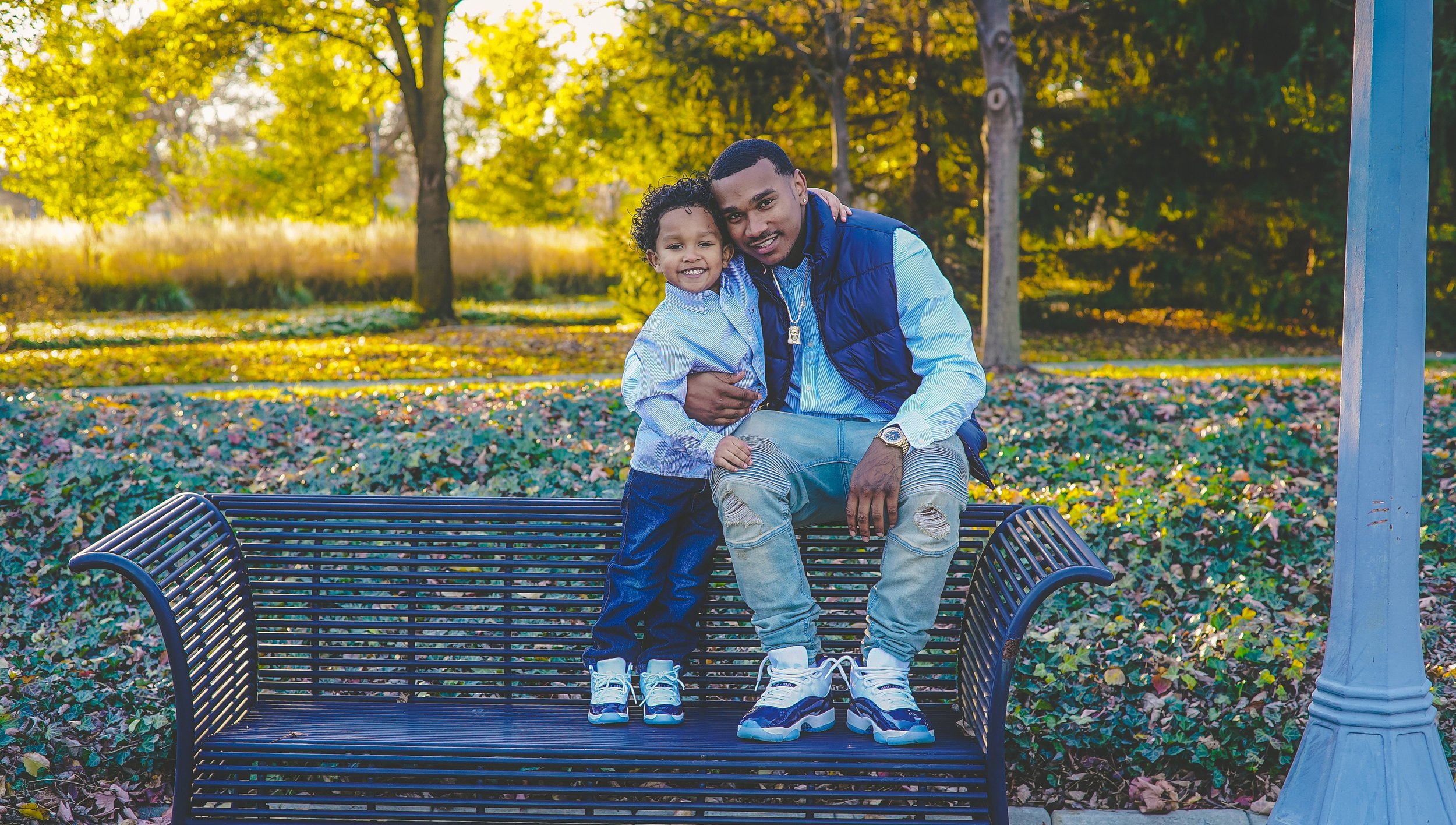For kids who experience bullying, waking up and going to school can cause high levels of stress and anxiety. It is reported in the US that approximately 1 in 4 kids are bullied. It is very common that kids who are bullied do not talk about it due to either feeling embarrassed or out of fear the bullying will get worse. It gets even tougher when kids do come forward and their school does not stop the bullying.
Parents, school staff, and any other adults in the community can prevent and stop bullying by discussing it, building a safe school environment, and creating a community-wide bullying prevent strategy. Parents who talk with their children on a daily basis and ask about their day in detail are more likely to find out if their child is getting bullied. However, there will always be children who are not comfortable speaking about it. Identifying the red flags is key to help adults respond quickly and consistently to bullying, which send children the message that bullying is not acceptable. Read below for some possible red flags.
1) Aches & Pains
School is the primary place where bullying starts, which is why a child’s reluctance to go to school could be a sign of something more going on. If you notice that your child is complaining of aches and pains as a reason to stay home from school or you are receiving frequent calls from the school nurse, it may be time to look into this. When children are stressed or upset and do not know how to communicate what is going on, they commonly complain of headaches and stomachaches. Although it may seem like an excuse to stay home, it could be a real sign of bullying. This is especially common on Mondays or after a long break. When kids feel safe at home, they may begin to panic at the idea of having to return to school.
2) Declining Grades
Kids naturally want to succeed and do well in school, but grades can definitely suffer when a child is being bullied. This generally happens when high anxiety levels interfere with a child’s ability to focus in the classroom. When this is mixed with depression and poor sleep, school work usually takes the hit. If you are dealing with a teenager, make sure you are getting notifications from the school if they are skipping classes because they are more likely to avoid school altogether if there is a bigger issue.
3) Missing Sports & Activities
Unfortunately, if bullying is occurring at school, it may also be occurring during after school activities and sports. Your child may begin to blame themselves if their team lost or ask to stay home. They can withdraw from their team or easily lose interest in the sport or activity in order to avoid the social interaction. If you notice that your child is spending more time using technology rather than going out, they could be isolating themselves. Maybe there is a different situation when you can bring your child that they can develop or maintain friendships while staying away from a potential bullying situation.
4) Change In Eating Habits
Try to make it a habit to ask your child how their lunchtime was, such as who they sat with and what they ate. The cafeteria is a common place where kids get bullied and any changes in who they are sitting with or their eating habits could be a warning sign. Lunchtime becomes incredibly stressful if your child has no one to sit with or is being picked on. You may notice this is going on if they are becoming dizzy, getting headaches, losing weight, or eating excess when they come home from school.
5) Unexplained Injuries
If your child is coming home with seemingly random bumps and bruises on a consistent basis, there could be something going on. While injuries are common for kids who play on a playground at recess, you should still inquire about how they got them. If they say they can’t remember, tell a story that doesn’t match the mark, or change their stories frequently, this could signal that they are physically being bullied. Ask them what happened and talk to the teachers about reinforcing students should be keeping their hands to themselves.
6) Difficulty Sleeping
Difficulty sleeping can be a side effect of high levels of nervousness or anxiety. If your child is worried about what will happen at school the next day, they may have trouble falling asleep. This can lead to exhaustion if it is happening repeatedly. Nightmares and difficulty waking up can also be a warning sign that they are getting bullied.
Take Action
It is helpful to note that just because your child is displaying some of these warning signs, does not automatically mean they are being bullied. But it does mean that you should continue to talk to your child about what could be going on. Set up a meeting with your child’s teacher and find out if they notice any signs in the classroom. You can also try to actively participate in what they are doing so you can meet the other children they interact with. If you do find out that your child is being bullied, remind them that you are there to support them and help to find solutions. Check out www.stopbullying.gov for helpful resources and tips or talk to a counselor that can give you some guidance on how to handle the situation. .


